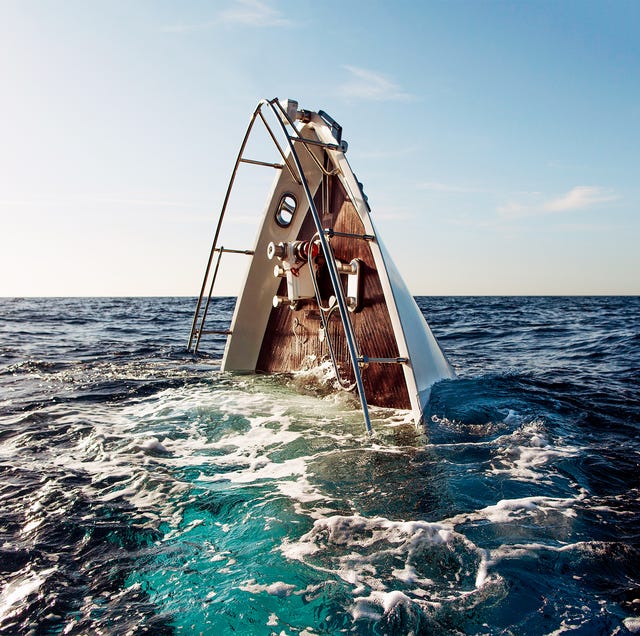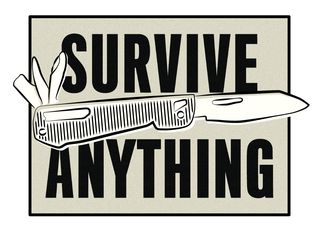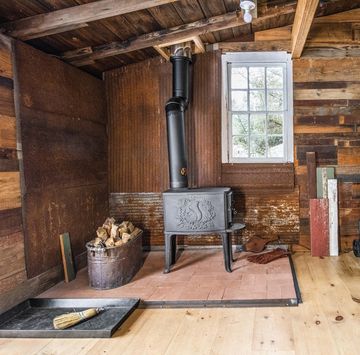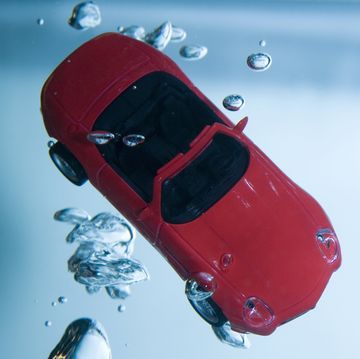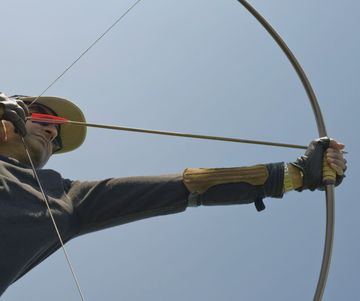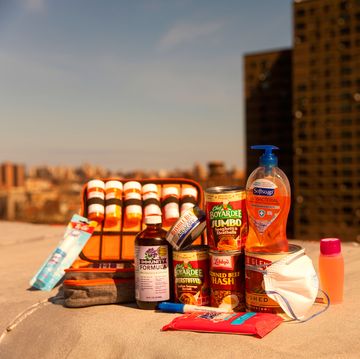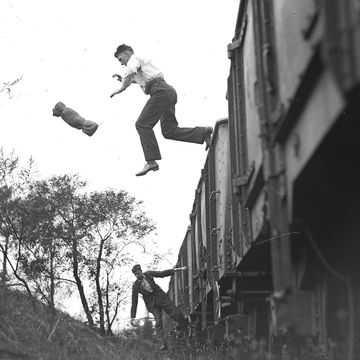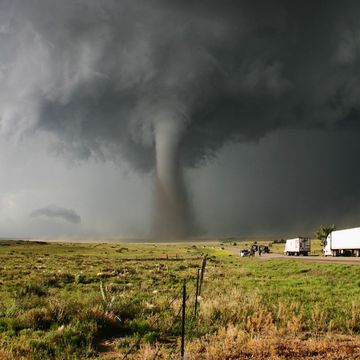For more than a century, Popular Mechanics has provided life-saving advice for outlasting storms, surviving outdoors, and preparing for disaster. Find out how to survive anything right here.
Life vests save lives, but what else do you need if your boat goes down? We called U.S. Coast Guard Petty Officer Brian McCrum for insight.
Have Signal Devices: Search parties will look for anything from flares to the light on your sports watch—yes, a Coast Guard helicopter can spot that. The more devices, the better. McCrum recommends flashlights, mirrors, whistles, flares, retro reflective tape (which can go on a life jacket), and anything else that can increase your visibility.
VHF Channel 16: A radio on board can save your life, and so can channel 16. It's solely used for boaters, and the Coast Guard monitors it. If you need assistance, this is the place to summon aid. McCrum also recommends having an EPIRB—an emergency position-indicating radiobeacon. Both are preferred over a cellphone with spotty reception.
Stay With Vessel: If you can’t see the shore, don’t try to swim to safety; stay with the ship. Also, not all ships will go completely underwater. If your hull is overturned and still afloat, use it for visibility. “Not only will it keep you out of cold water longer, it’s also bigger than you,” McCrum says. “We can see a boat easier than you.”
Have a Float Plan: Let someone know where and when you’re going. Stick to that plan, and rescue crews will be able to locate you easier if trouble arises. The Coast Guard actually has an app—U.S. Coast Guard in App Store or Google Play—where you can file a float plan to detail where you’re traveling, your itinerary, and the equipment you have onboard.

